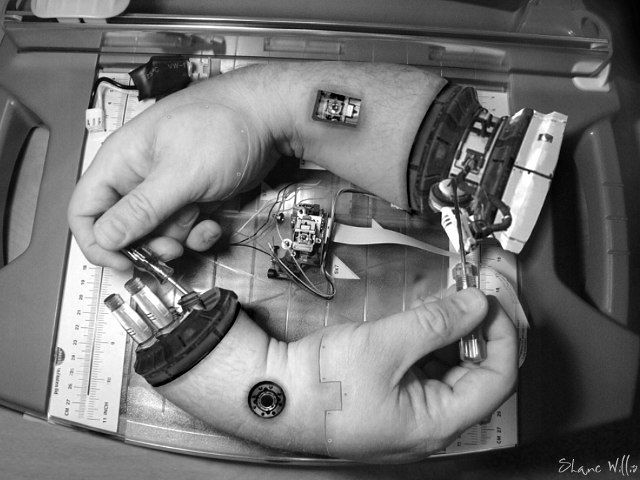The International Symposium on Distributed Computing and Artificial Intelligence (DCAI 2010) is an annual forum that will bring together ideas, projects, lessons, etc.. associated with distributed computing, artificial intelligence and its applications in different themes. The workshop will be organized into CEDI 2010 that will be held at the Polytechnic University of Valencia in September 7-10th, 2010.
This symposium will be organized by the Biomedicine, Intelligent System and Educational Technology Reseach Group (BISITE) of the University of Salamanca. The technology transfer in this field is still a challenge and for that reason this type of contributions will be specially considered in this symposium. This conference is the forum in which to present application of innovative techniques to complex problems.
The artificial intelligence is changing our society. Its application in distributed environments, such as the Internet, electronic commerce, mobile communications, wireless devices, distributed computing, and so on is increasing and is becoming an element of high added value and economic potential, both industrial and research. These technologies are changing constantly as a result of the large research and technical effort being undertaken in both universities and businesses. The exchange of ideas between scientists and technicians from both academic and business areas is essential to facilitate the development of systems that meet the demands of today’s society.
DCAI 2010 is sponsored by the IEEE Systems Man and Cybernetics Society, Spain Section Chapter. The accepted papers included in DCAI 2010 proceedings (long papers, short papers and doctoral consortium papers) will be published by Springer Verlag in the Advances in Intelligent and Soft-Computing series of Springer. At least one of the authors will be required to register and attend the symposium to present the paper in order to include the paper in the conference proceedings.

